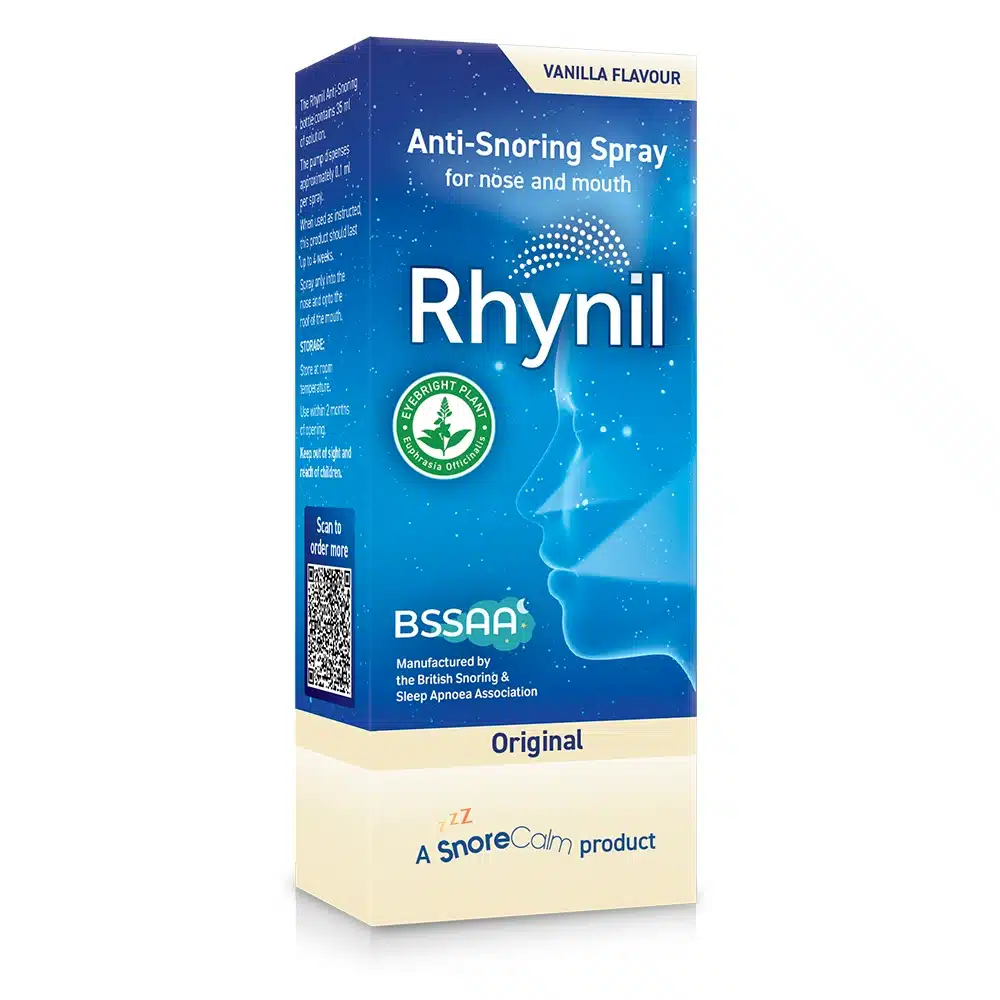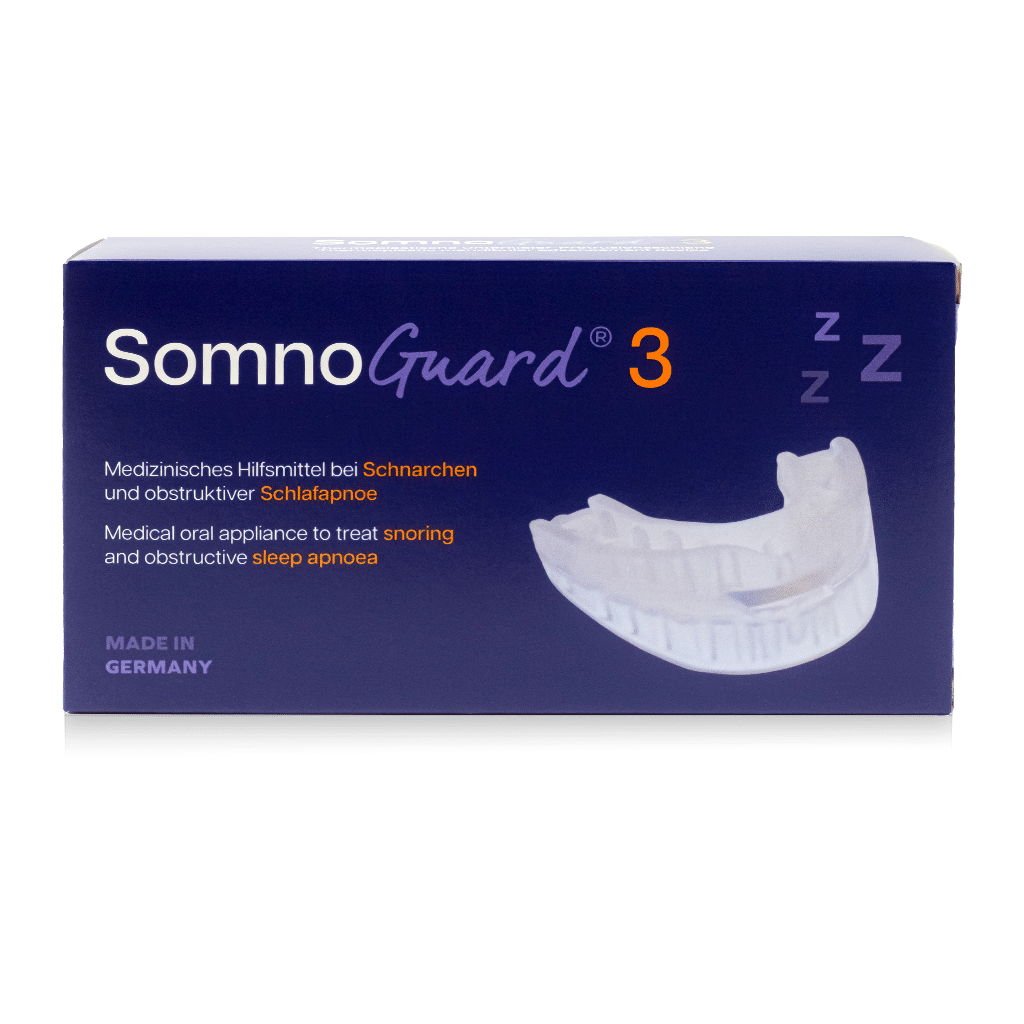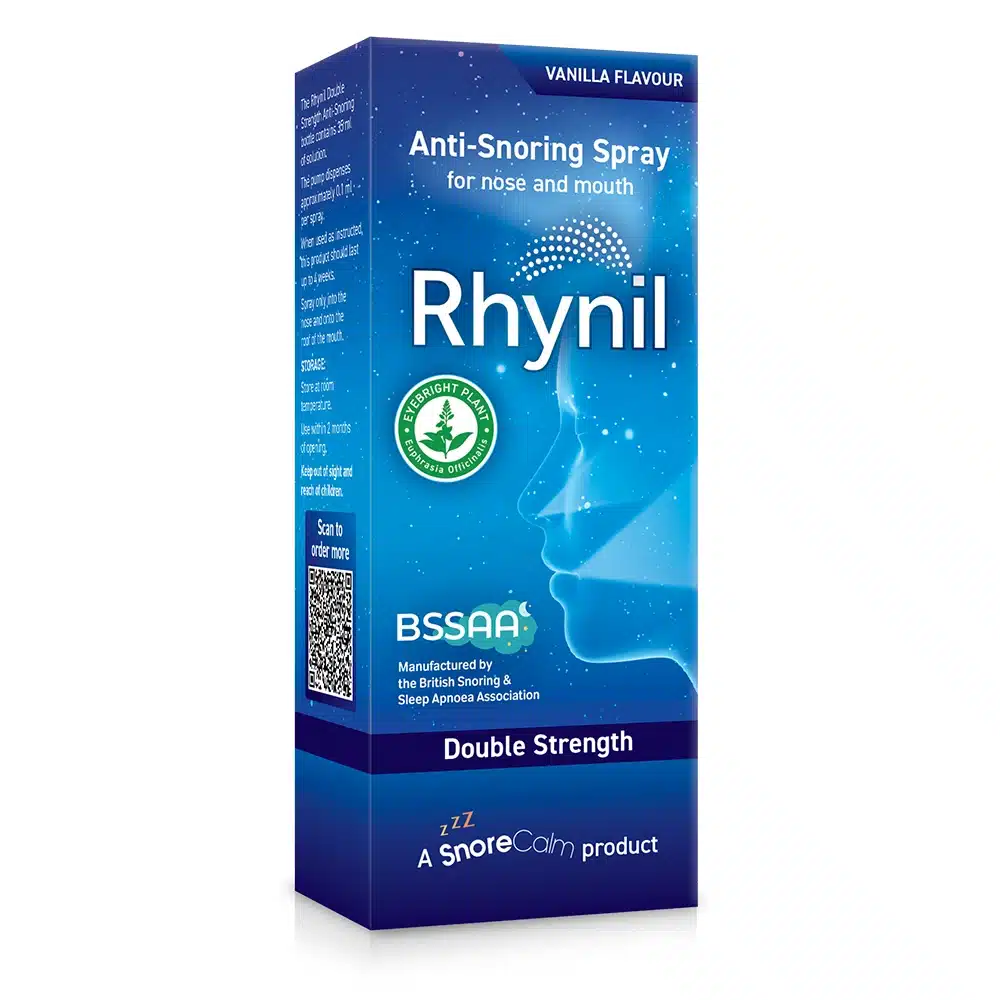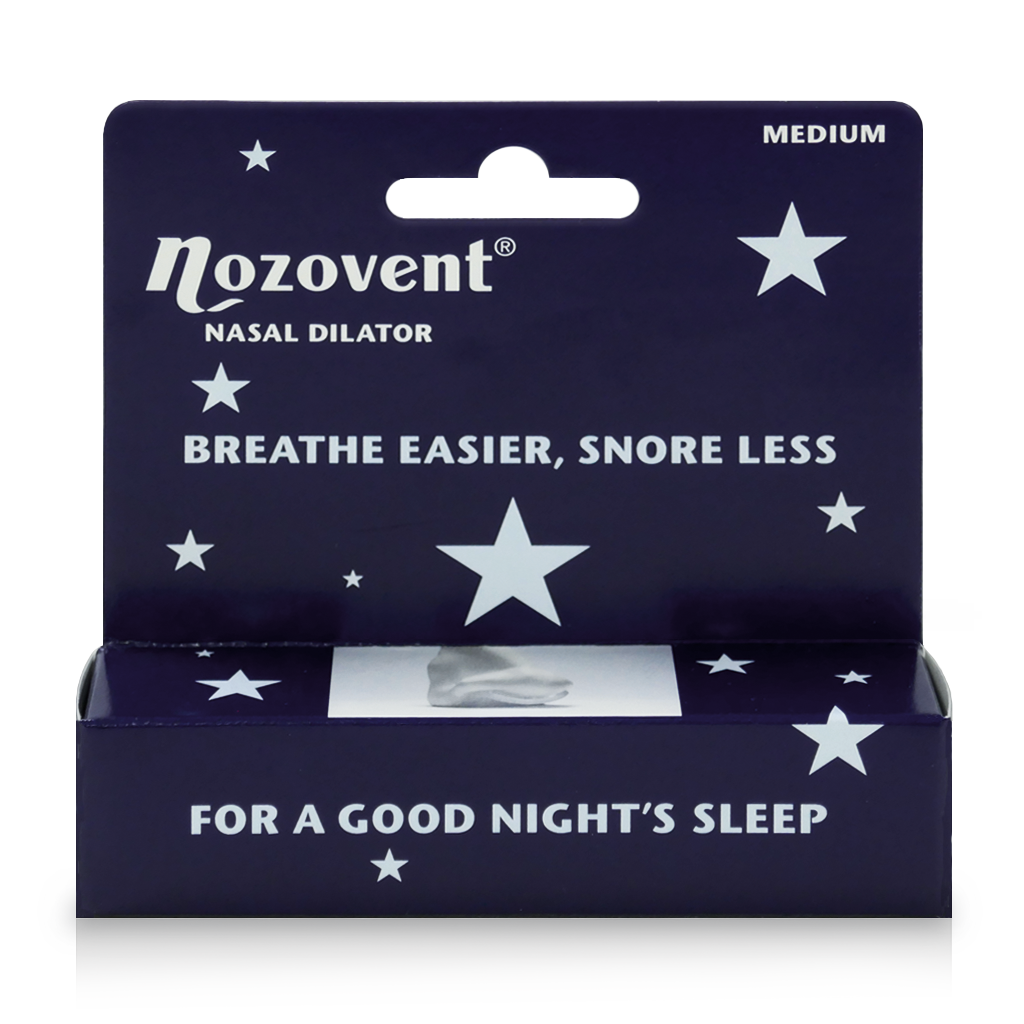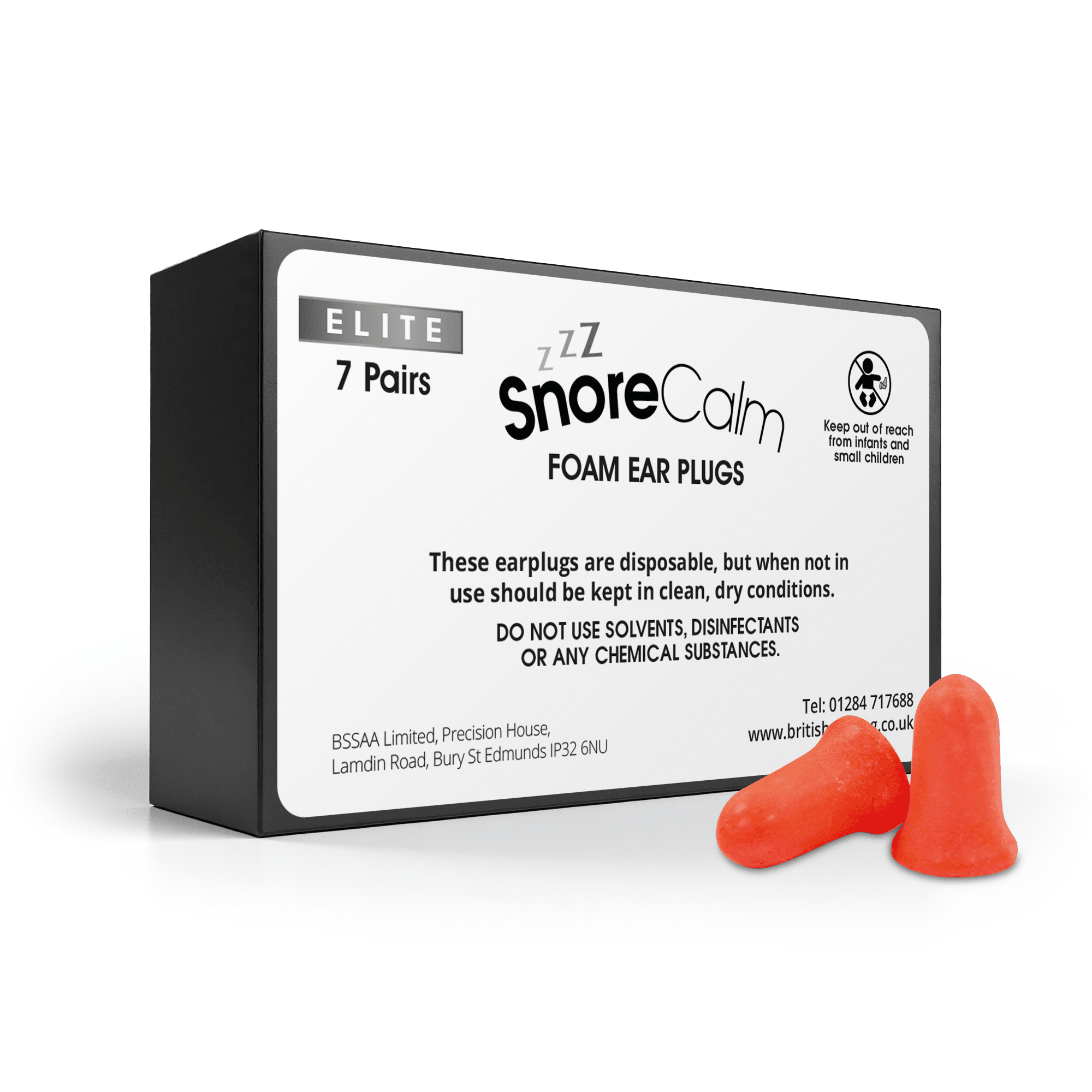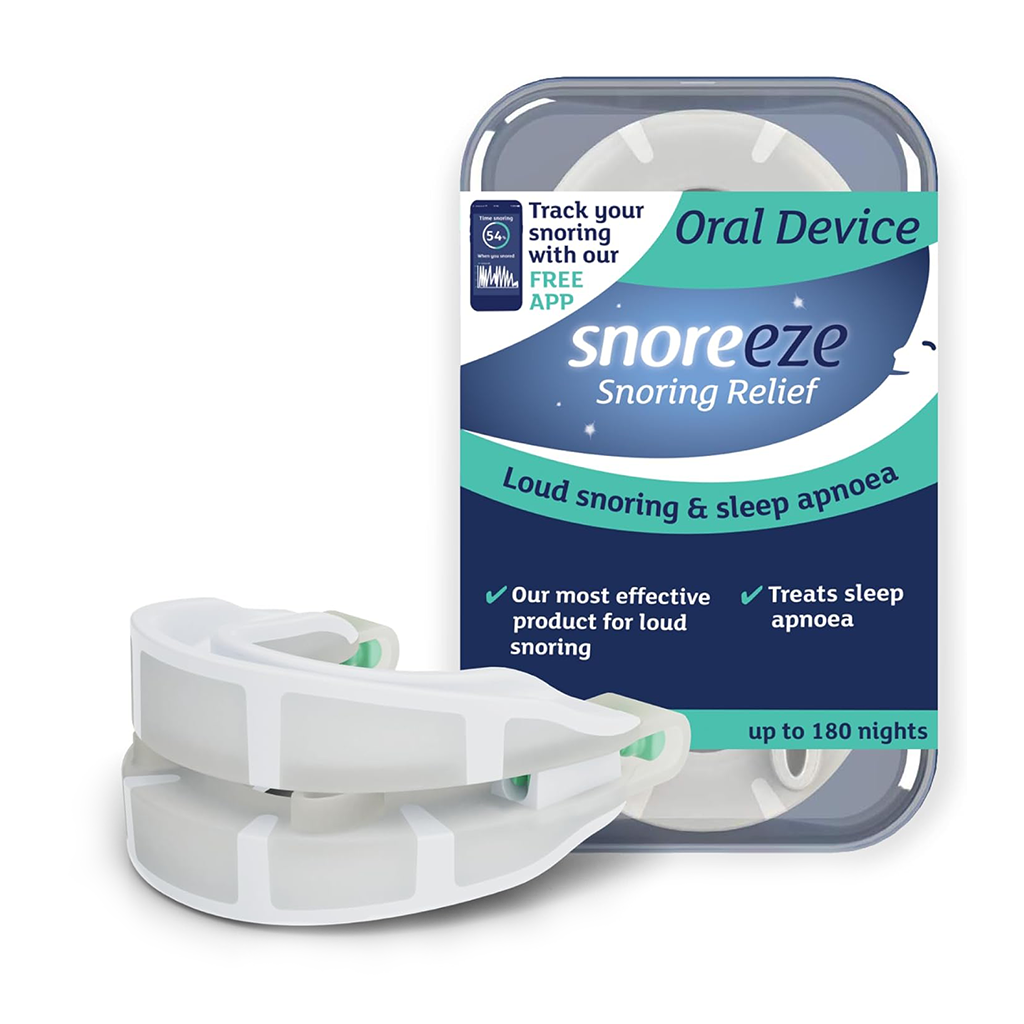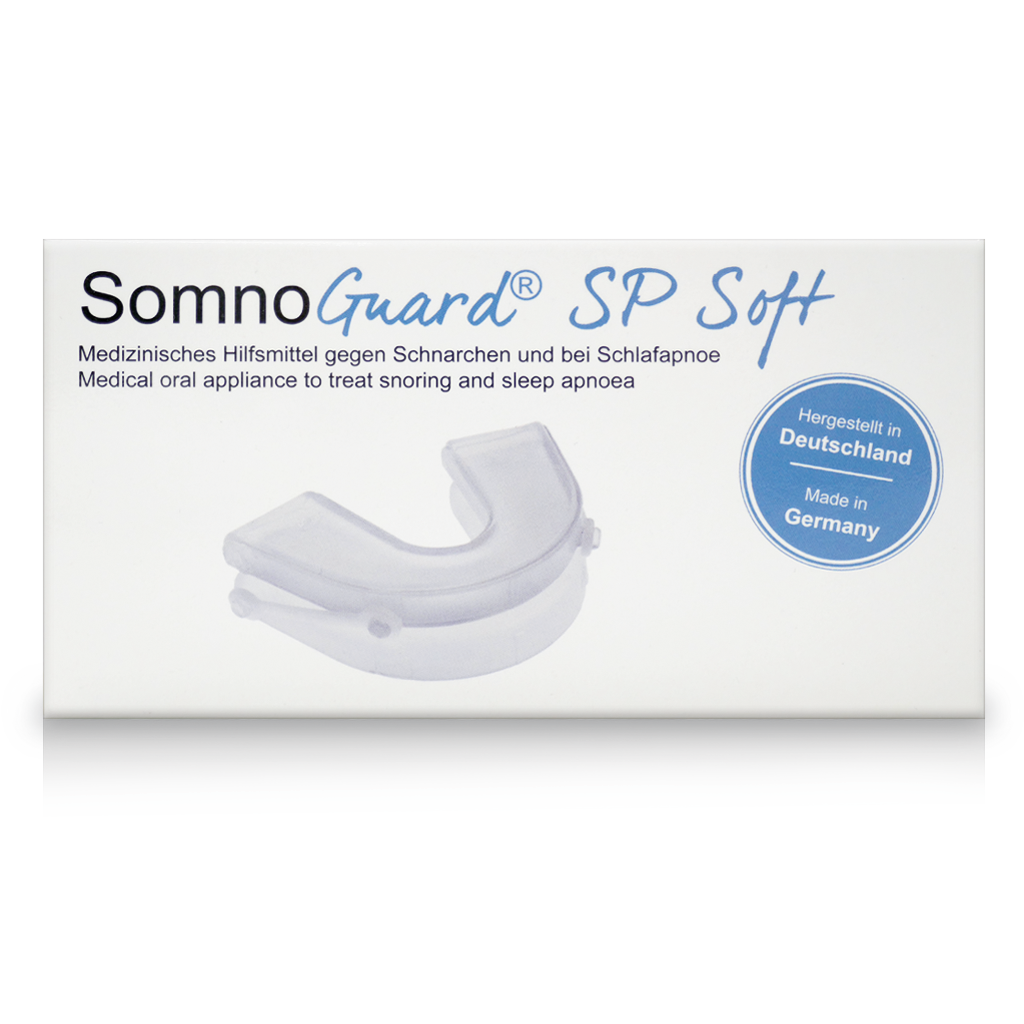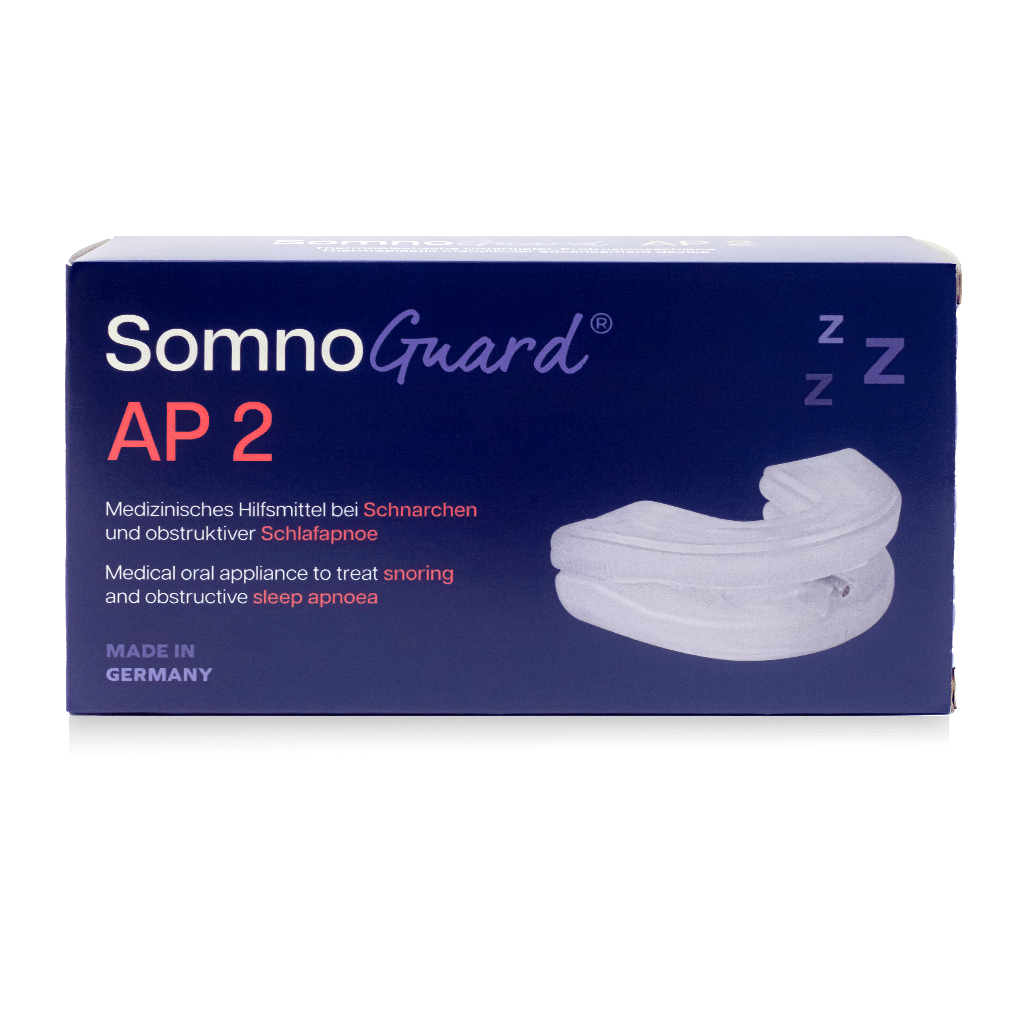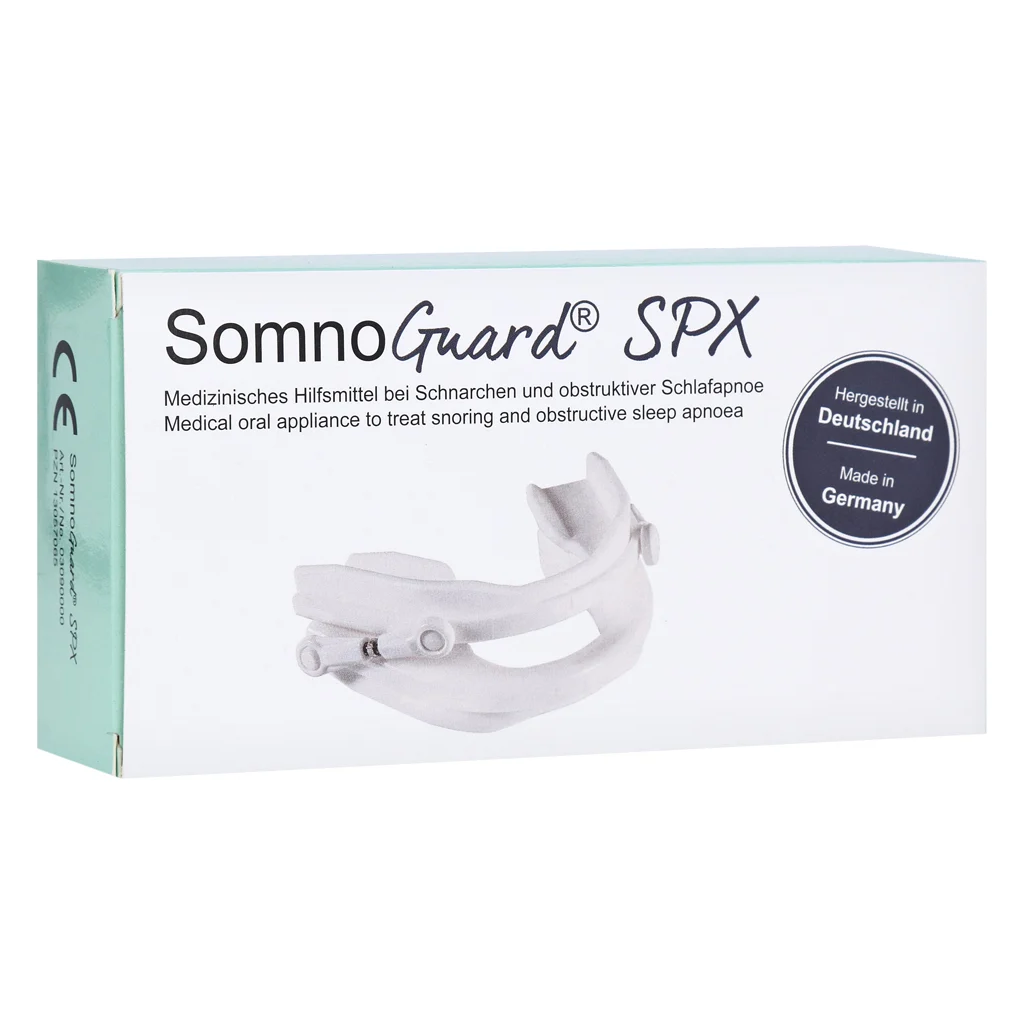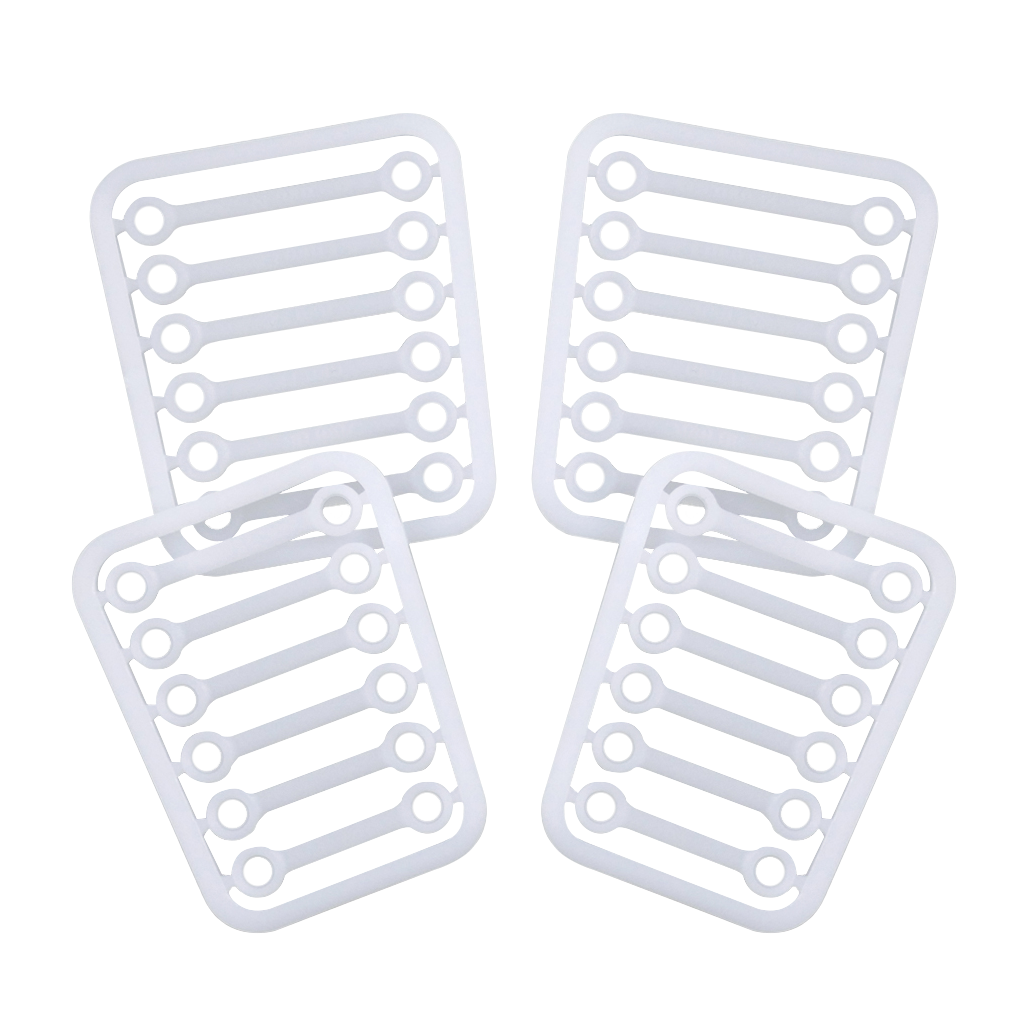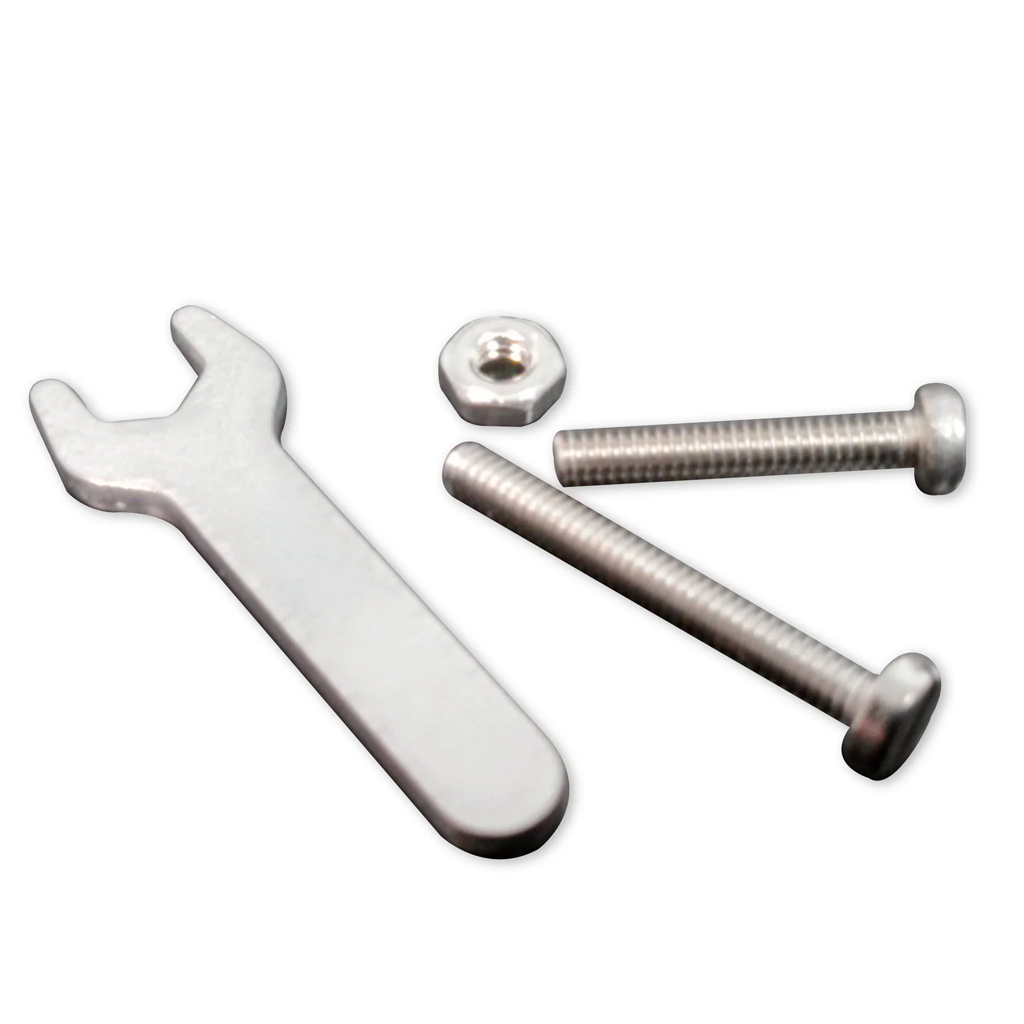Sleep apnoea is a condition that interrupts your breathing when you are asleep. This is usually caused by an obstruction blocking the back of the throat so that the air cannot reach your lungs. The cessation of breathing automatically forces you to wake up in order to start breathing again. This can happen many times during the night, making it hard for your body to get enough oxygen, and preventing you from obtaining enough good quality sleep.
Obstructive Sleep Apnoea (OSA) is a common feature in middle aged, overweight men. The prevalence is thought to be approximately 4% of men and 2% of women. OSA can range from being very mild to severe. Sleep apnoea is usually defined as cessation of air flow into the lungs which lasts for more than 10 seconds. This definition however is rather artificial as some apnoeas which last for more than 10 seconds during sleep are perfectly normal. It is quite common for intervals between breaths to last for 10-20 seconds without there being any underlying sleep or respiratory disorder. A common situation in which breathing may stop for more than 10 seconds is when the stage of sleep changes. We can determine the severity of sleep apnoea by two indices. The apnoea index (AI) (the number of apnoeas occuring per hour), and the apnoea/hypopnoea index (AHI) (significant drop in oxygen saturation of 4% or more per hour due to the cessation of breathing). An AHI of less than 10 is not likely to be associated with clinical problems.
To determine whether you are suffering from sleep apnoea you must first undergo a specialist “sleep study”. This will usually involve a night in hospital where equipment will be used to monitor the quality of your sleep and the amount of oxygen your body is getting. This information will enable a specialist to diagnose whether or not you have sleep apnoea and decide on your best course of treatment.
The ultimate investigation is polysomnography which will include:
- Electro-encephalography (EEG) – brain wave monitoring
- Electromyography (EMG) – muscle tone monitoring
- Recording thoracic-abdominal movements – chest and abdomen movements
- Recording oro-nasal flow – mouth and nose air flow
- Pulse oximetry – heart rate and blood oxygen level monitoring
- Electrocardiography(ECG) – heart monitoring
This is a very expensive investigation, with few centres able to offer it routinely for all suspected sleep apnoea patients. A “mini” sleep study is more usual, consisting of pulse oximetry and nursing observation. Alternatively you may be given a home study tester unit.
Obstructive Sleep Apnoea OSA is the most common form of sleep apnoea, This is when the airway is blocked but the respiratory effort continues. But there is also a condition called Central Sleep Apnoea (CSA). This is a condition when the brain does not send the right signals to tell you to breathe when you are asleep causing a lack of reparatory activity. In other words the rain “forgets” to make you breathe. It can also be associated with weakness of the breathing muscles. CSA is less common than OSA, and needs to be investigated by a specialist. The assessment is often more complicated than for patients with OSA and the treatment has to be carefully matched to the patient’s requirements. There is also a condition called Mixed Sleep Apnoea which is a combination of both OSA and CSA.
How do I know if I have Sleep Apnoea?
People with sleep apnoea may complain of excessive daytime sleepiness often with irritability or restlessness. But it is often a bed partner, family or friends who notice the symptoms first. People who have sleep apnoea may experience some of the following:
- Extremely loud heavy snoring, often interrupted by pauses and gasps.
- Excessive daytime sleepiness, e.g., falling asleep at work, whilst driving, during conversation or when watching T.V. (This should not be confused with excessive tiredness with which we all suffer from time to time).
- Irritability, short temper.
- Morning headaches.
- Forgetfulness.
- Changes in mood or behaviour.
- Anxiety or depression.
- Decreased interest in sex.
To check your daytime sleepiness range you can use the Epworth Sleepiness Scale, visit our blog page to find out more and take the simple test.
Remember, not everyone who has these symptoms will necessarily have sleep apnoea. We probably all suffer from these symptoms from time to time but people with sleep apnoea demonstrate some or all of these symptoms on a daily basis.
Treating Sleep Apnoea
There are numerous forms of treatment for sleep apnoea. In mild cases weight loss, reduction in alcohol consumption, avoiding sedatives, and control of sleeping position can be wholly successful. In moderate cases the use of a Mandibular Advancement Device can be very effective, but for more severe sleep apnoea nasal continuous positive airway pressure (CPAP) is the recommended form of treatment.


